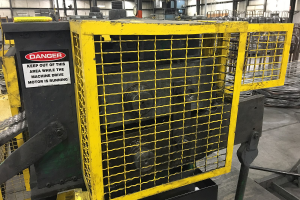What OSHA needs to prove about an alleged violation
A recent appeals court decision provides an excellent reminder of information that all employers should be aware of when it comes to OSHA enforcement.
When OSHA cites a company for an alleged violation, the following four requirements must be met if the violation is to stand:
1) That the regulation applied to the circumstances at hand;
2) That the regulation was violated;
3) That an employee was exposed to the hazard that was created; and
4) That the employer “knowingly disregarded” the Act’s requirements. That means the employer either knew or, with the exercise of reasonable diligence, could have known, of the violation.
These tests must be met for every alleged violation contained in the larger OSHA citation.
While there is nothing new about these requirements – they are part of the OSH Act – it is easy sometimes to overlook critical basic principles amid a barrage of detailed additional information. With these principles firmly in mind, it will be easier for companies to know whether they have the basis to challenge a violation.



2 Comments
Jim,
Thanks for the straight, crisp and clear presentation of what OSHA must do and what every employer should know after getting a violation!
Sincerely,
Steve
A great outline to follow. There are a lot of intricacies involved with following workplace safety codes, and this helps to highlight the major key points. This should be shared with all employees during safety trainings so they are in the know, in addition to the safety managers.